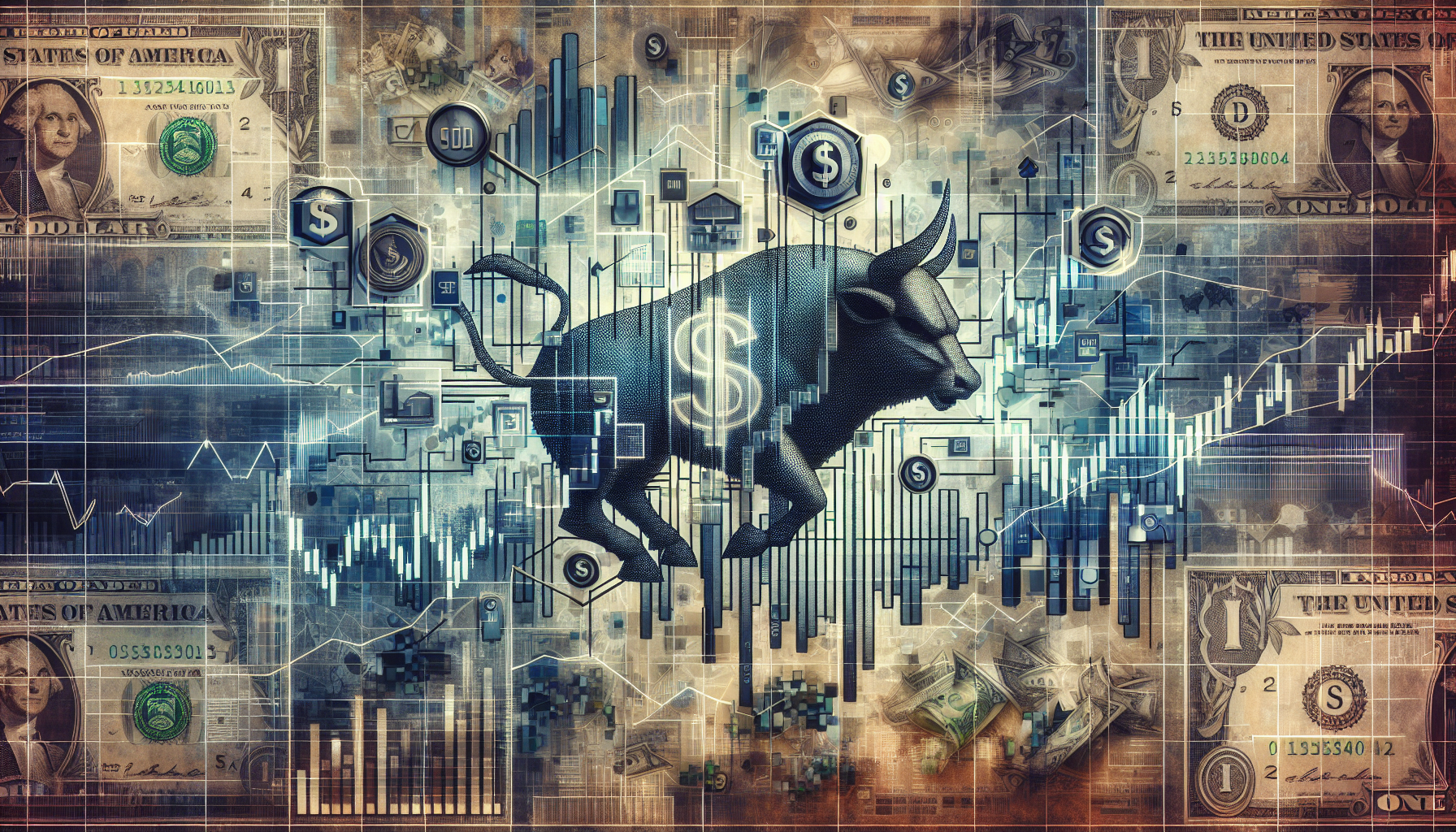
tl;dr
A new study by Bank of America Global Research predicts that Generation Z will become the largest and wealthiest generation by 2035, with their wealth projected to increase by 720% between 2023 and 2040. The report indicates that Gen Z's income and spending are expected to surge, potentially reshapi...
A new study by Bank of America Global Research predicts that Generation Z will become the largest and wealthiest generation by 2035, with their wealth projected to increase by 720% between 2023 and 2040. The report indicates that Gen Z's income and spending are expected to surge, potentially reshaping global economies and social systems.
Despite facing challenging labor market conditions, Gen Z is experiencing higher wage growth compared to other generations. The Great Wealth Transfer from Baby Boomers to younger generations could further boost Gen Z's economic prospects. The study is based on aggregated and anonymized transaction data from Bank of America.
Bank of America Global Research says that Generation Z (those born roughly between 1997 to 2012) will become the “largest and richest generation by approximately 2035.” Between 2023 and 2040, Gen Z’s wealth is projected to skyrocket by around 720%, according to Bank of America.
Within the Bank of America, credit and debit card data shows that growth in Gen Z’s spending per household is stronger than the overall population. And in general, Gen Z possesses “higher discretionary and necessity spending growth than the average consumer.”
Data shows that the emerging demographic group is witnessing higher wage growth compared to other generations. In fact, using Bank of America deposit account data, wage growth for Gen Z was up nearly 8% year-on-year in February – the most among all generations – and about twice as high as the overall median.
The economic prospects of Gen Z could be further boosted by the Great Wealth Transfer. BofA Global Research has noted that a huge transfer of wealth is expected as Baby Boomers pass down assets to younger generations, meaning that Gen Z and Millennials are increasingly likely to be making key spending and saving decisions.